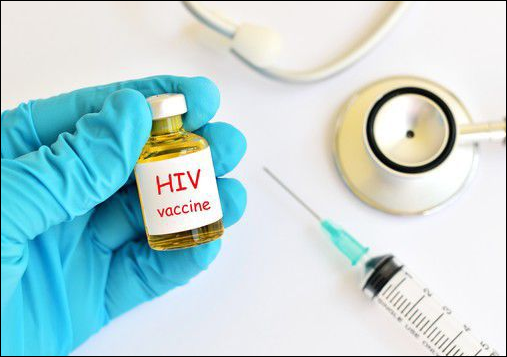
Kenyan and Canadian researchers are working on what they say is a promising new HIV vaccine.
Based on the chicken pox vaccine, the concept has been tried among 44 HIV negative women in Nairobi with promising results.
“Our study suggests the virus that causes chickenpox may hold the key to inducing the human body to produce a safe, long-lasting immunity against HIV,” says Dr Kelly MacDonald of the University of Manitoba, Canada.
In a statement, Dr MacDonald, who is one of the researchers, said with the current findings, they are ready to move forward with testing a chickenpox-based HIV vaccine.
The study also published early this month in the Journal of Clinical Investigations also involved veteran Kenyan HIV vaccine researchers Omu Anzala and Walter Jaoko of the University of Nairobi. The duo have been searching for a HIVvaccine since around 1987, with one candidate build around prostitute from Majengo slums going all the way to the final phase. But the vaccine candidate was dropped around 2007 after failing to induce sufficient and durable protection. However the researchers have since continued to work on improving the vaccine with the new report indicating a possible breakthrough. In the new study, the researchers injected the women with a high-dose vaccine against the chickenpox virus.
“We then tested each participant’s blood, as well as cells from her cervix and rectum, at intervals of four, eight and 12 weeks,” says the study.
The study, the statement says, showed that the vaccinevigorously boosted the women’s existing immunity to chickenpox, including in the genital area.
This immune response in the genital area, where HIVinfection first occurs, is a highly positive finding for the HIVvaccine concept, explained the statement.
“Our results pave the way for the use of chickenpox virus as a vector for HIV vaccine development,” said MacDonald.
The next steps, the scientist said, are to continue testing the vaccine strategy using non-human primates and to start developing a chickenpox virus-vectored HIV vaccine for a clinical trial in humans.
 The Standard Group Plc is a multi-media organization with investments in media platforms spanning newspaper print
operations, television, radio broadcasting, digital and online services. The Standard Group is recognized as a
leading multi-media house in Kenya with a key influence in matters of national and international interest.
The Standard Group Plc is a multi-media organization with investments in media platforms spanning newspaper print
operations, television, radio broadcasting, digital and online services. The Standard Group is recognized as a
leading multi-media house in Kenya with a key influence in matters of national and international interest.











